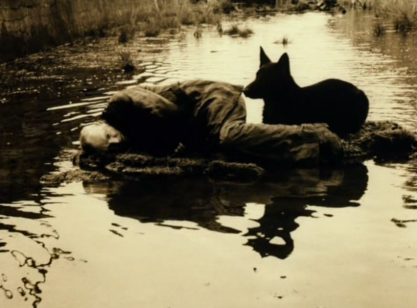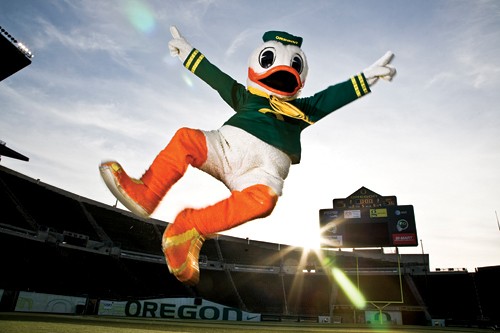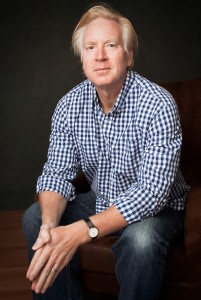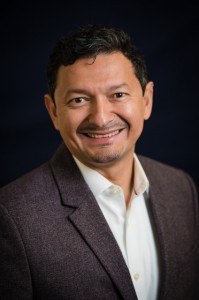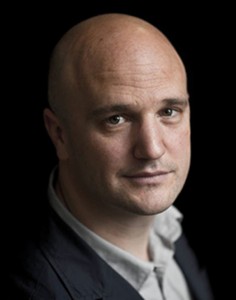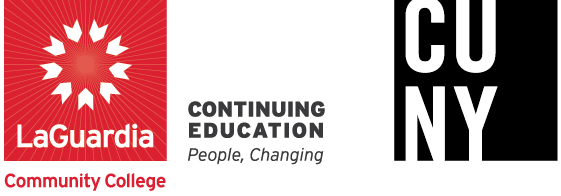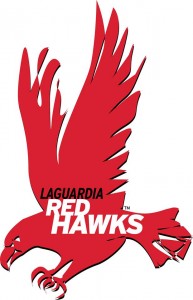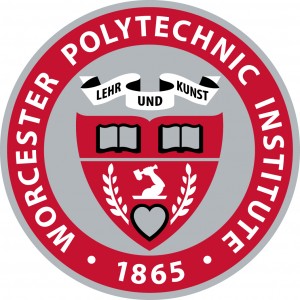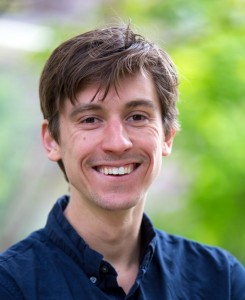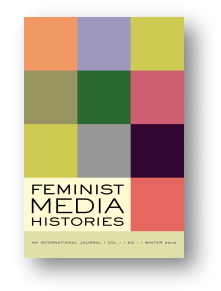Looking for an NMCC class to take next fall? Try Euan Macdonald’s ARTD 415/515 Video Art: Experimental Film!
The End of Nature?
Lying in my heap of Earth I can naturally dream of all sorts of things…”
-Franz Kafka, The Burrow
“This class continues to explore composition and the history, forms and ideas in video and film with an open focus on interdisciplinary production outside the conventions of mainstream, commercial industry. Participants will consider the characteristics of the appearance of things in the world, their purpose, histories, and social influences on the ecology. This class will also look at environmental aesthetics—how the human conception of nature has been represented by art, video/ film and populist media throughout history and examine the more recent conception of the anthropocene: the current epoch of geological time in which human activity has transformed the climate and ecology of the planet irrevocably. Participants will study composition involving a variety of media and undertake a series of self directed projects relating to their work, writings, readings. During the projects and assignments, participants are encouraged to be imaginative, independent, and resourceful; to trust their own intuition and experience, and be self- motivated in an open environment of cooperative engagement. Students will explore the complexities of perception; how their interests and ideas can be materialized and conveyed by exploring the multitude of representations occurring in any media. Emphasis will be placed on critical thinking and furthering the artistic vision of each student vis-à-vis experimentation, art making, research, and critical discourse. Students will gain an understanding that media such as video, film and photography, and sound are not simply reproductive imaging technologies for visual pleasure; rather that these media are dominant cultural techniques through which reality can be constituted.”

